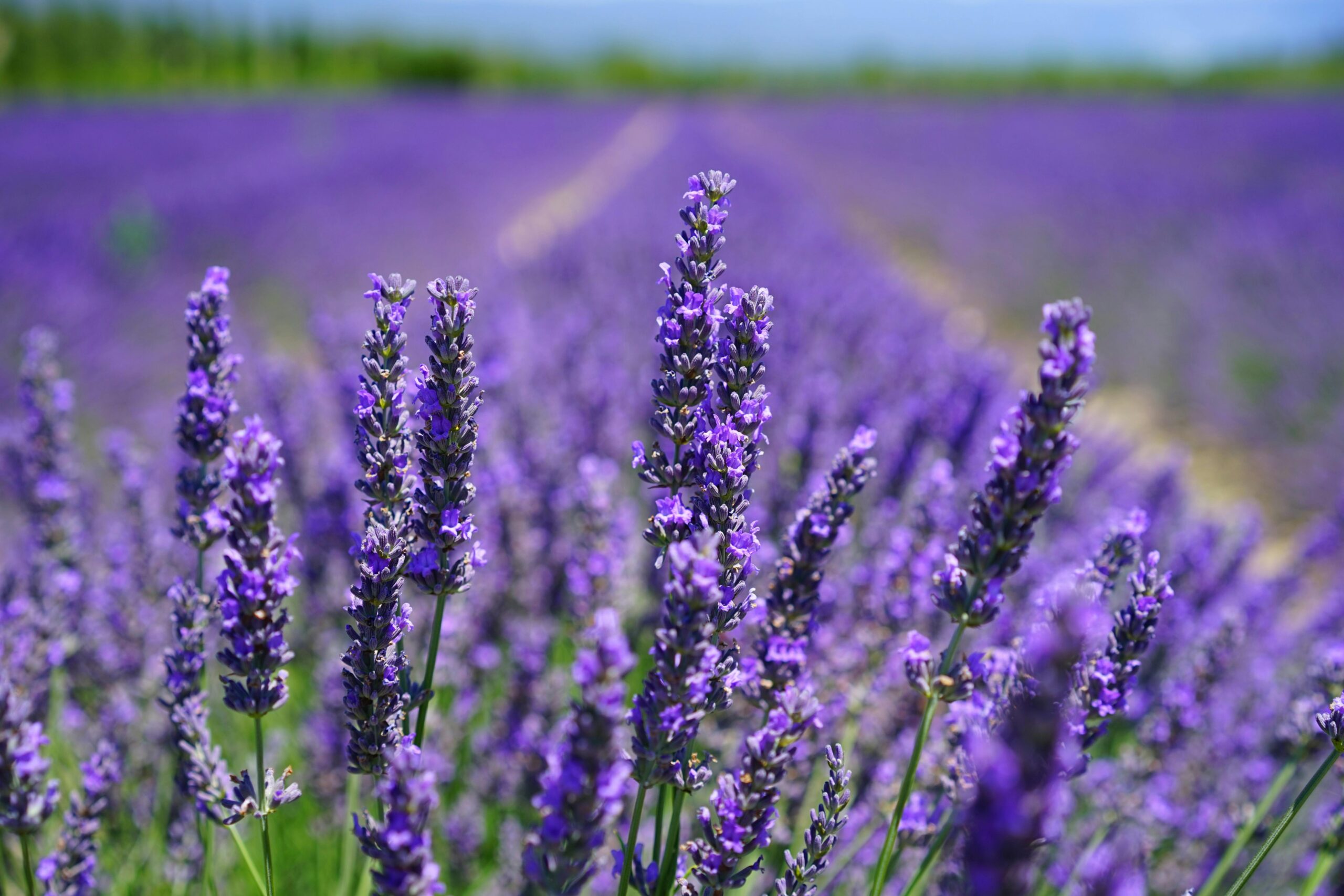Have you ever encountered a perfume that evoked intense reactions, making some nose-holders swoon while others recoil? Welcome to the intriguing world of controversial perfumes, where scents are more than just fragrances—they are catalysts for emotions, conversations, and debates. Perfumes hold a unique power; they can transport you to memories, places, or even moods, and some perfumes, in particular, seem to do this with dramatic flair.
Understanding the Allure of Controversial Perfumes
When it comes to scents, what makes one perfume loved by some and loathed by others? The answer lies in the complexity and intensity of the fragrance, personal preference, cultural influences, and individual scent memories. A controversial perfume is often powerful and polarizing, evoking either adoration or antipathy with its bold composition.
The Complexity of Scent
Perfumes are composed of various notes that develop over time, creating a complex and evolving scent experience. The evolution of these notes on your skin can lead to varied perceptions. One person may experience the warm, woody undertones first, while another might pick up on the floral or spicy notes. This complexity can create a cascade of reactions, making a fragrance memorable, either positively or negatively.
Personal Preference and Chemistry
Perfume is intensely personal. What smells divine on one person might not complement another’s skin chemistry. Body chemistry can alter the way key notes are perceived, leading to vastly different experiences with the same fragrance. Moreover, personal preferences play a significant role; one individual’s dream scent might be another’s headache-inducing nightmare.
Cultural Influences and Trends
A culture’s scent preference can influence what’s considered appealing or offensive. For instance, while rich oud-based perfumes are treasured in the Middle East, they might be overwhelming to those accustomed to lighter, citrusy scents. Likewise, some perfumes become classics due to iconic cultural associations, while their unique scent profiles earn them a love-or-hate status.

This image is property of images.pexels.com.
Notable Controversial Perfumes: A Love-or-Hate Affair
Let’s dive into some of the most famous perfumes that divide fragrance enthusiasts around the world. Each of these perfumes has a story that contributes to its legendary status and the divisive opinions it garners.
Chanel No. 5
Perhaps the most iconic perfume in history, Chanel No. 5 is as polarizing as it is celebrated. Launched in 1921 by Coco Chanel, it was revolutionary for its time, with a complex blend of aldehydes and florals. While its fame is undeniable, some find its powdery scent heady and reminiscent of old-world glamour—not everyone’s cup of tea in today’s fast-paced world.
Key Notes:
- Aldehydes
- Ylang-Ylang
- Jasmine
- Rose
- Sandalwood
Thierry Mugler’s Angel
Launched in the early 1990s, Angel was a game-changer with its unapologetically bold and sweet scent. It introduced gourmand notes to the perfume world, featuring elements like chocolate, caramel, and vanilla. This scent has achieved cult status but is often described as overpowering and divisive.
Key Notes:
- Bergamot
- Tropical fruits
- Praline
- Vanilla
- Patchouli
Guerlain’s Shalimar
A classic oriental fragrance, Shalimar is a love letter to the senses, combining citrus notes with vanilla and smoky incense. Its richness and depth make it a favorite for many, but its potent profile can also be intimidating, turning some away with its bold sensuality.
Key Notes:
- Bergamot
- Iris
- Jasmine
- Vanilla
- Incense
Yves Saint Laurent’s Opium
Opium sparked controversy from day one not just for its scent but also its provocative name. It combines exotic spices with a floral heart, creating a robust and spicy fragrance that demands attention. While some are entranced by its power, others are overwhelmed by its intensity.
Key Notes:
- Mandarin Orange
- Cassia
- Jasmine
- Clove
- Myrrh
Tom Ford’s Black Orchid
Black Orchid is a modern classic known for its dark, sensuous aura. With a blend of rich florals and decadent chocolate notes, it embodies luxury and mystery. For some, it’s the epitome of sophistication, while others find it too heavy and complex.
Key Notes:
- Black Truffle
- Ylang-Ylang
- Black Orchid
- Dark Chocolate
- Patchouli
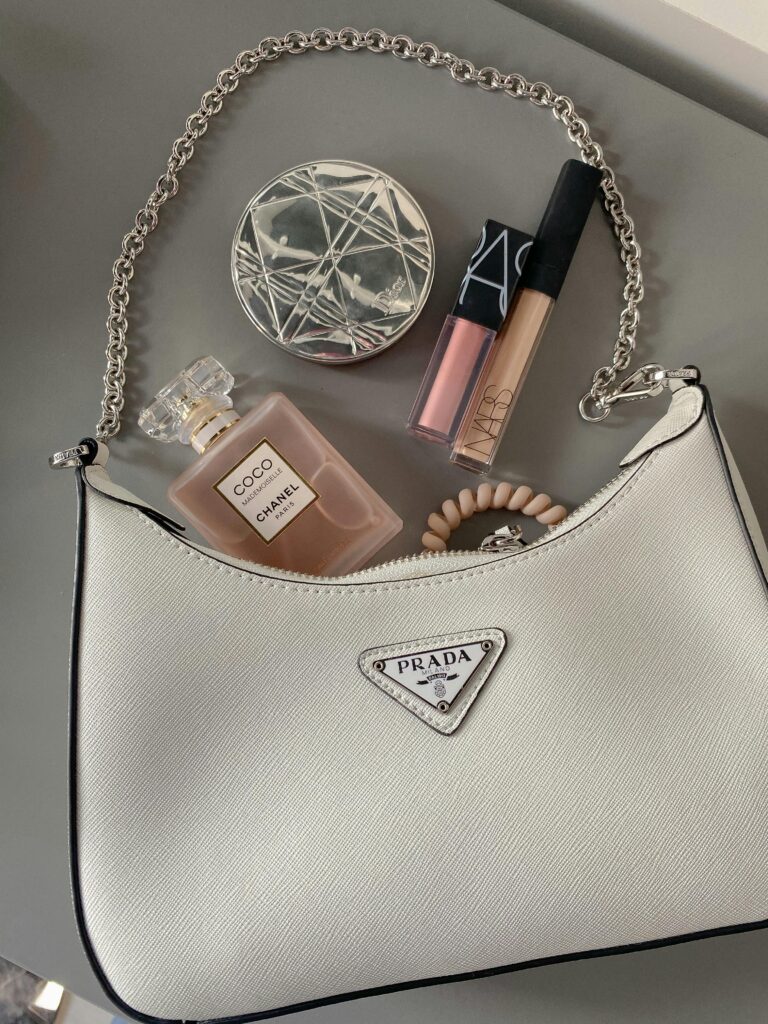
This image is property of images.pexels.com.
The Psychology Behind Scent Perception
Understanding why a scent resonates with one person and repels another can help demystify the polarizing nature of certain perfumes. The psychology behind scent perception is deeply rooted in biology, personal history, and even mood.
Memory and Emotion
Our olfactory system is closely linked with brain regions involved in memory and emotion. A fragrance can transport you back to a specific moment or evoke a powerful emotional response. This connection can mean a perfume loved by one person due to positive associations might be disliked by another with different memories.
Mood and Environment
Your current mood and the surrounding environment can greatly influence how you perceive a scent. A perfume that feels just right on a warm summer evening might be too cloying on a crisp winter day. Likewise, your emotional state can alter your receptivity to a fragrance.
Adaptation and Familiarity
Over time, your sense of smell can adapt to familiar scents, meaning a once strong fragrance might become subtle to you but still strong to others. This olfactory adaptation can make certain perfumes more palatable over time or lead you to seek out new and different scent experiences.
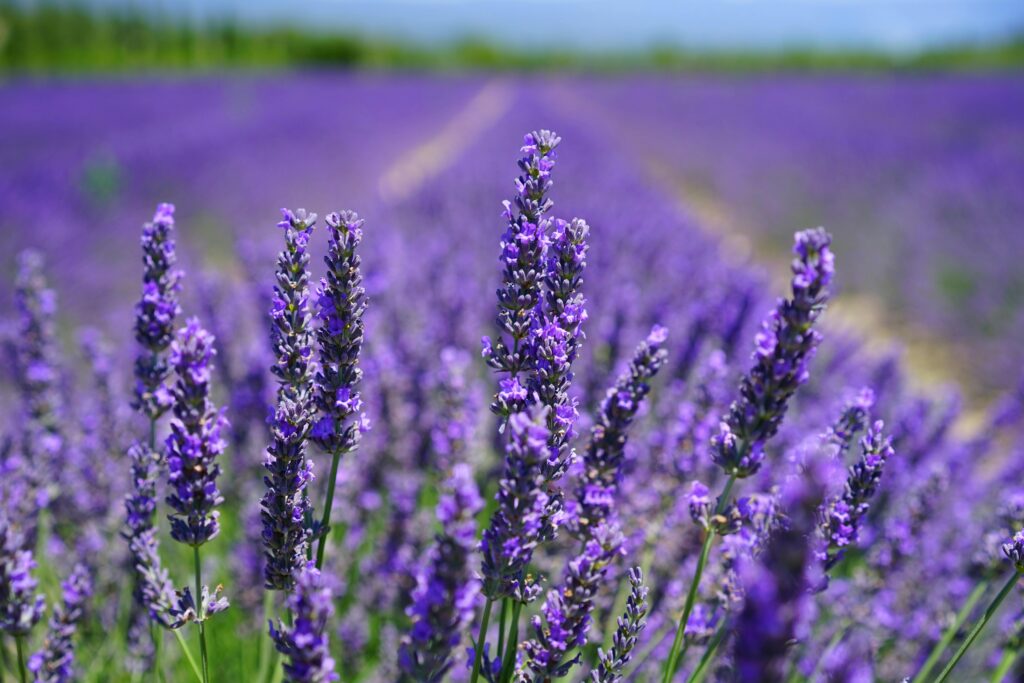
This image is property of images.pexels.com.
The Role of Trend and Marketing
Perfume trends come and go, heavily influenced by marketing and celebrity endorsements. A fragrance’s popularity can skyrocket with the right campaign, yet this doesn’t always guarantee widespread approval. The marketing of controversial perfumes often plays with themes of rebellion, luxury, and exclusivity, creating a sense of intrigue but also dividing opinions.
The Power of Branding
A beautifully curated brand story can elevate a controversial perfume, making it desirable simply because of its association with a luxury brand or a celebrity. Yet, branding is a double-edged sword; a mismatch between the story and the actual scent can lead to disenchantment among users.
The Appeal of Exclusivity
Limited editions and exclusivity create allure but can also result in divisiveness. A fragrance that’s hard to obtain becomes an object of desire, but once acquired, its unique scent might not live up to individual expectations, adding to its controversial status.
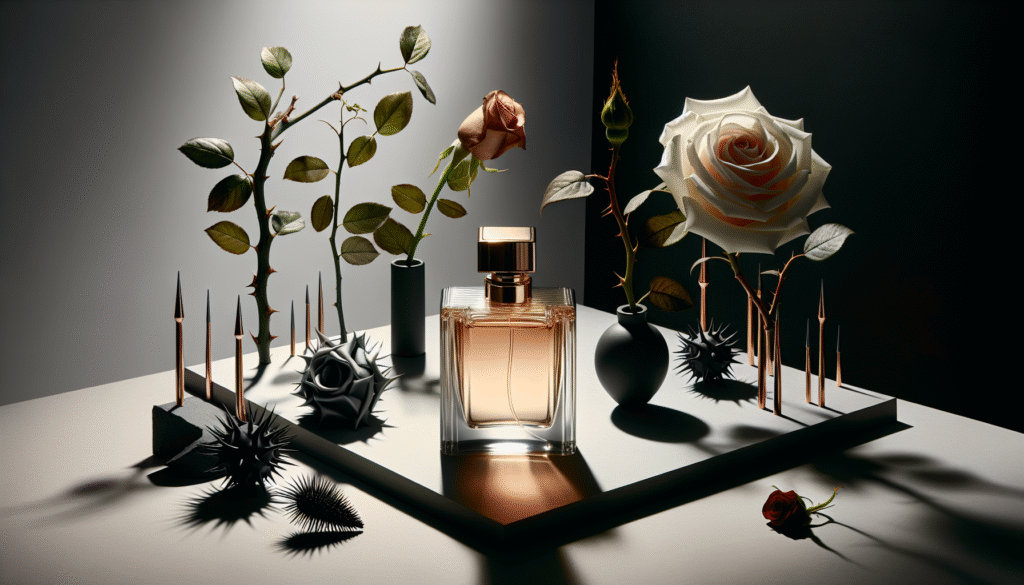
How to Choose Your Signature Controversial Perfume
If the idea of a bold and memorable scent appeals to you, finding your controversial perfume might be an exciting journey. Here’s how you might approach selecting a signature scent that evokes passion, whether it’s love or intrigue.
Understanding Your Scent Preferences
Before choosing, take the time to understand what notes you gravitate towards. Are you drawn to floral, spicy, or gourmand scents? Visiting a department store and sampling different profiles can help you discover what resonates with you.
Testing with Time
When testing a potential perfume, let it develop on your skin over several hours. The initial spray may intrigue you, but the true test is how you feel about the scent as the day progresses. This slow evaluation will reveal whether the perfume fits your personal chemistry and if it evokes positive associations.
Considering the Occasion
Think about when and where you want to wear your new scent. A perfume that feels right for an evening event might not fit an office setting. Having various fragrances for different occasions can ensure your scent is always appropriate and appreciated.
Accepting Subjectivity
Ultimately, choosing a fragrance is a deeply personal decision. Embrace the subjectivity of scent and choose what makes you feel confident and comfortable, even if it’s a perfume others might not understand or appreciate.
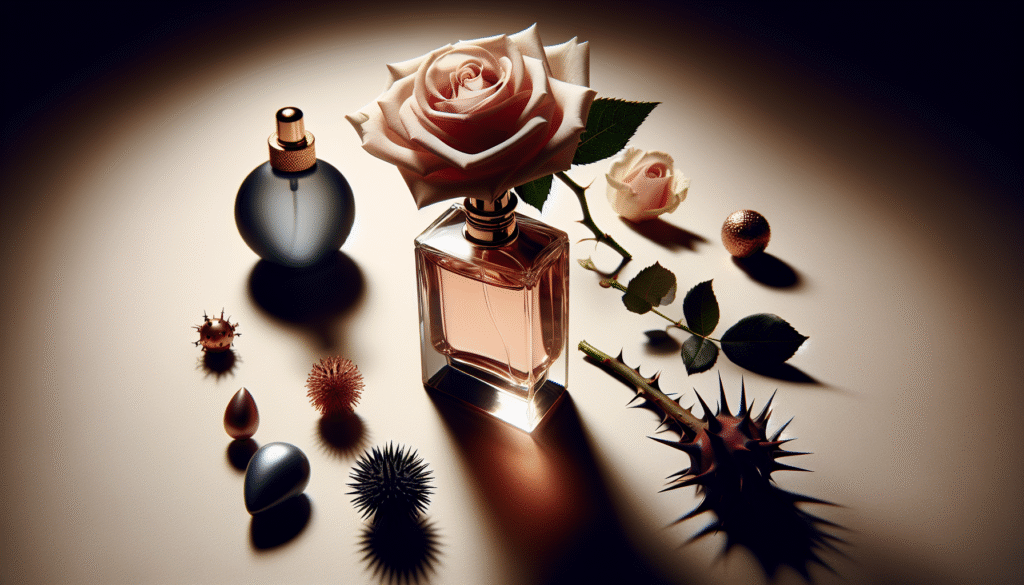
Conclusion: Embrace the Contradiction
Controversial perfumes are not just about the notes; they are about the emotions, memories, and debates they inspire. Regardless of whether a perfume is loved or hated, its ability to evoke strong reactions is a testament to its distinctive character. In the end, embracing a controversial perfume is all about choosing what resonates with you, even if it doesn’t resonate with everyone else.

